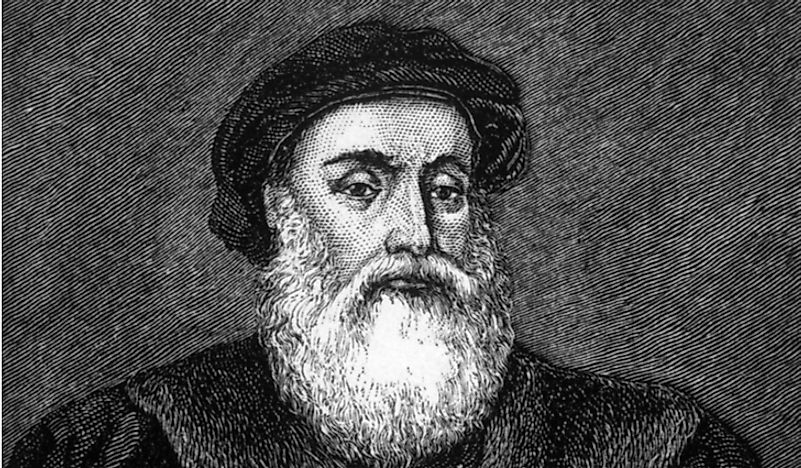

Despite the offering “our people suspected betrayal”. and the King sent the captain as many samples of cloves and pepper as they could carry”. It is said that on another occasion “two men went to the King to confirm they came in peace. In Mozambique Vasco inquired about a certain Christian King, but the natives despise Christians, and another battle ensues. which some of the black people knocked down when we left”. “Whilst we were in this creek we put up a cross. At times the arrogance of the Portuguese provoked battles with the Muslim natives, and Vasco’s men leave on bad terms. Through it we absorb the mores of the time: the inhabitants of one coastal town “played the flute, in a very nice way for black people of whom music is not expected”. We capture the essence of Vasco's legendary voyage through an anonymous account, almost a diary.

They searched "for new lands, islands, people, seas and anything else that there is". The ships swarmed with shapes and symbols, pilots and seafarers, poets and soldiers, geographers and mathematicians. "into a sea of deepness and winds still to discover". Vasco da Gama, the man to take the mantle. His task: to sail right around Africa and up to Calcutta, establishing trading posts wherever possible and convert Muslims to Christianity. A nation in want of "a single man, around twenty years old" to lead the hunt "for Christians and spices". 15th century Portugal: a nation at the cutting edge of marine navigation with an insatiable appetite for imperial expansion.


 0 kommentar(er)
0 kommentar(er)
